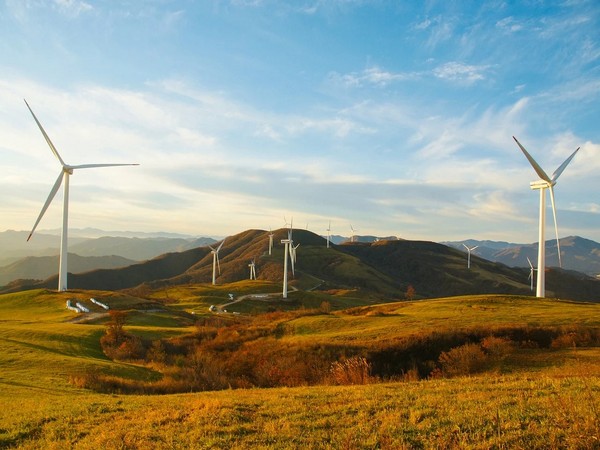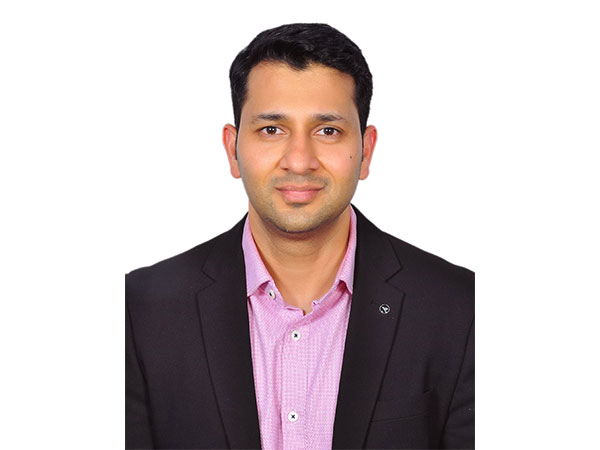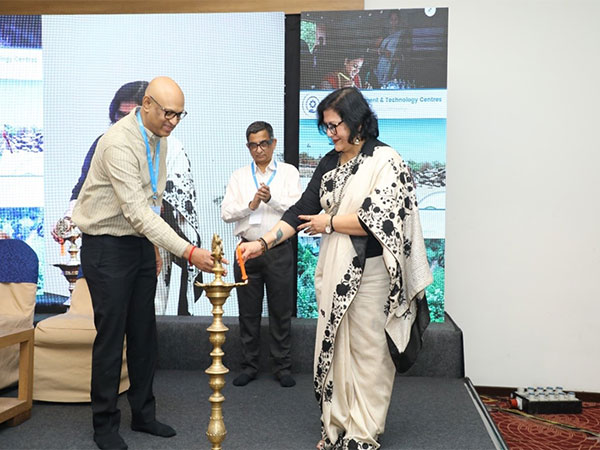Indigenous Day celebrates 'guardians of the environment'
Aug 10, 2024
New York [US], August 10: As countries celebrate the International Day of the World's Indigenous Peoples on Friday, the theme of " Protecting the rights of Indigenous Peoples in Voluntary Isolation and Initial Contact" is in the spotlight at the United Nations. Indigenous Peoples represent around six per cent of the world's population, and their knowledge and traditions are believed to help solve many of today's challenges in the areas of climate action and biodiversity.
The focus of the International Day this year is on the approximately 200 groups of Indigenous Peoples currently living in voluntary isolation in remote forests, and initial contact with them. These communities live detached from the rest of the world, surviving by hunting and gathering, fully depending on their ecological environment.
Their stewardship signifies an outsised contribution to our global community," UN Secretary-General Antonio Guterres said in his message for the Day.
As keepers of knowledge that help safeguard some of the most biodiverse areas of our planet, and as guardians of the environment, "their survival is our survival," he said.
Spread across 90 nations, an estimated 476 million Indigenous individuals inhabit our world. These diverse communities encompass an incredible array of 5,000 cultures and are the primary speakers of the majority of the world's 7,000 languages, according to the Food and Agriculture Organisation (FAO).
But these "communities also face serious challenges that threaten their very existence, being often victims of threats and violence," Mr. Guterres highlighted.
"Ancestral homelands and natural resources that they depend on for survival are coming under siege," he continued, with extractive and productive sectors, like mining, agriculture and transport having accelerated deforestation and land degradation.''
This year's theme for the International Day also reminds us of Indigenous Peoples' right to protect themselves from unwanted contact, which can expose them to infectious diseases, forced assimilation, and the disruption of culture, language, and livelihoods.
Mr. Guterres called for their protection. "Together, let us safeguard their rights to live in peace and dignity," he concluded.
Source: Emirates News Agency








